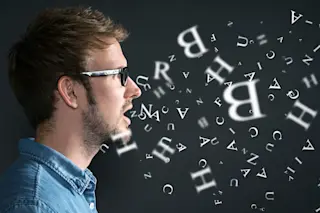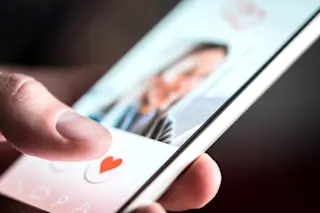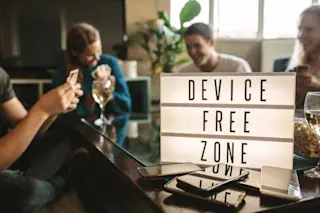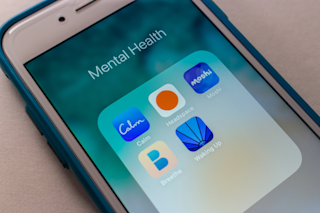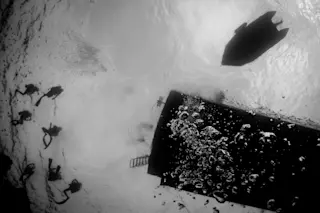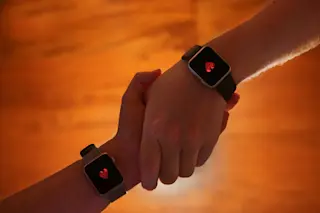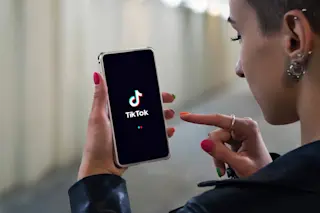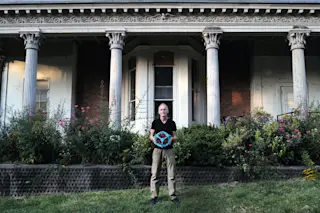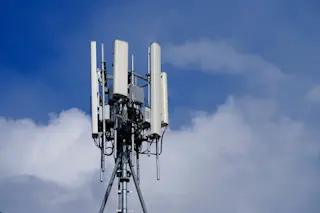(Credit: Shutterstock) Phone apps often get a bad rap for being distracting time-wasters (I’m looking at you, Reddit), but some seek to challenge the minds of their users and put the resulting data to good use. And maybe even invent a new language in the process. The Color Game app uses colors and symbols to study the evolution of language. Created by researchers at the Max Planck Institute for the Science of Human History in Germany, the app is looking to uncover clues to an age-old question — how did human communication evolve? Unfortunately, we aren’t advanced enough to hop in our time machines and watch it happen, but we are advanced enough to request the help of citizens and their smartphones. The app connects two players, a sender and a receiver, who must attempt to communicate through colors and symbols rather than written or spoken language. The sender is ...
New App Lets You Invent A Language for Science
Explore The Color Game app, connecting colors and symbols to study human communication evolution and unique personalized language.
More on Discover
Stay Curious
SubscribeTo The Magazine
Save up to 40% off the cover price when you subscribe to Discover magazine.
Subscribe

